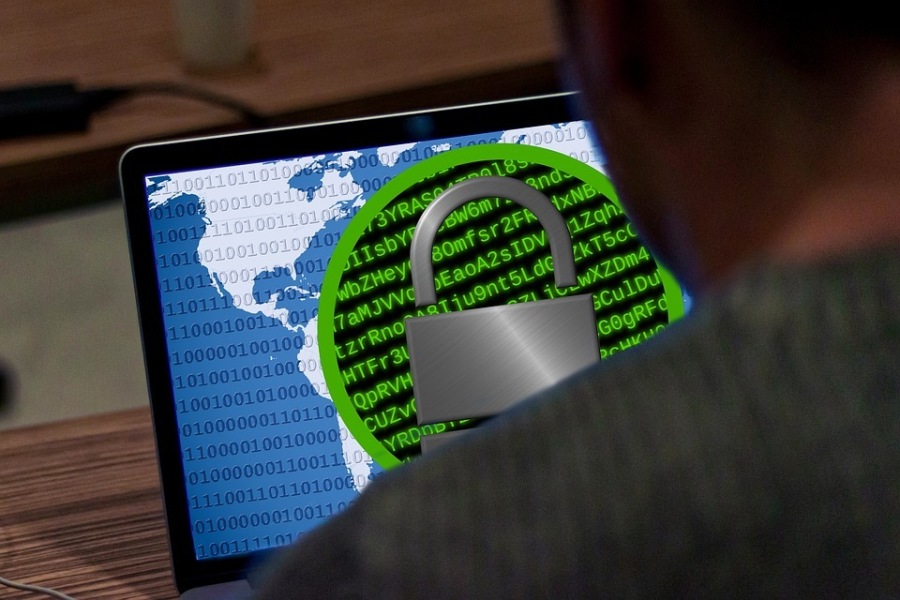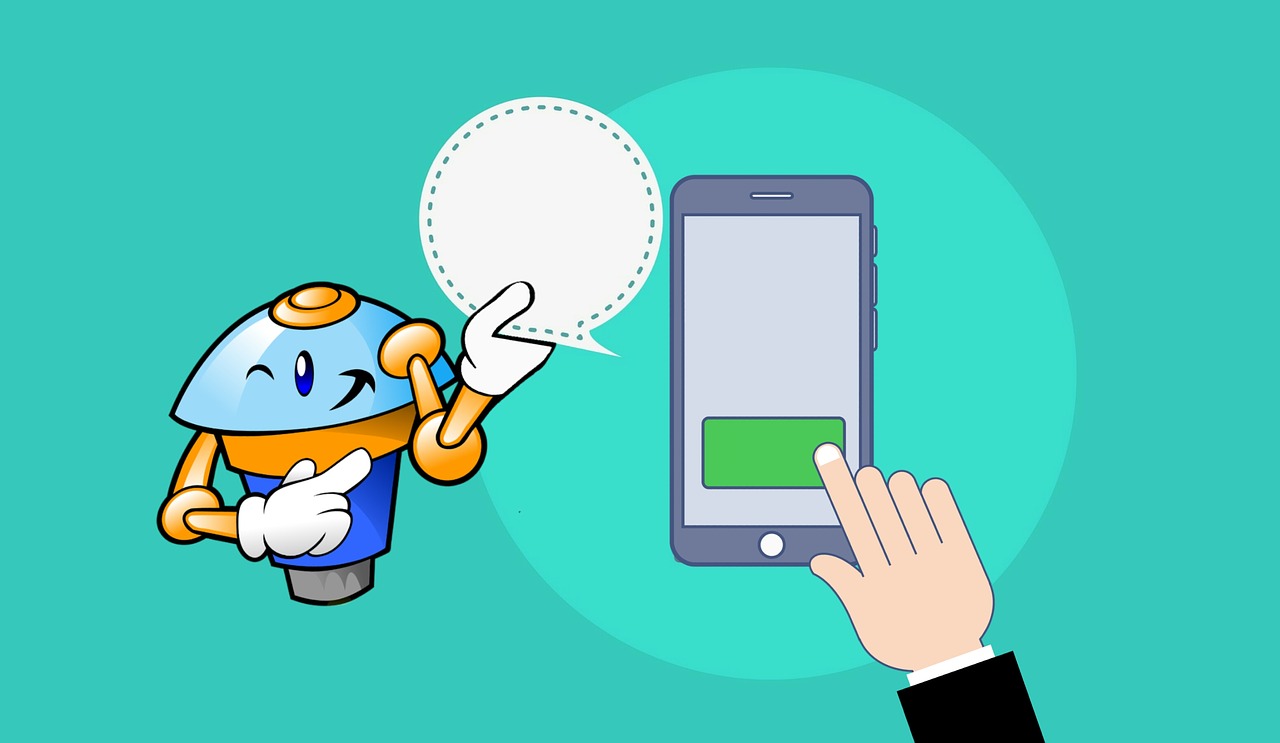Can We Have a Secure Enough Cybersecurity System in Our Daily Workflows?

Recently I came across a video on Minds about an upcoming crisis that’s been already talked about by all those do-gooders at the World Economic Forum (I’m being sarcastic here). So that they don't catch anyone by surprise, I'm sharing with you my insights on this topic, which I've spent countless hours researching since my university days. Even during my Ph.D., I worked on Cybersecurity for the first year before I decided to specialize in something more widely applicable, namely Machine Learning.
So, what’s up with Cybersecurity, and why is it so important now? Well, Cybersecurity is the aspect of Computer Science that makes use of various specialized Mathematics to make data secure, be it on your computer, on the web, or a network of computers at the place where you work. Cybersecurity also deals with the security of any machine that others can hack over the Internet (e.g., utility companies, factories, power plants, etc.) It's especially important today because (almost) everything is connected to the Internet, making it vulnerable to any cyber-attacks that may take place. The latter is allegedly done by individuals who are unable to satisfy their egos otherwise, though lately, the same crime may be undertaken by shady organizations comprising of such individuals. Note that the latter may not have such shallow motives since an organization that specializes in compromising Cybersecurity systems is bound to have an agenda behind it, most likely a political one. Sometimes, even the chaos that may ensue a cyber attack may be a good enough outcome for such a syndicate.
"Alright, all that's nice and dandy, but I'm no Cybersecurity expert" you may say. Well, fret not because you don't have to be one such expert to protect your valuable data and our private information (especially your Personally Identifiable Information, for which I've talked a lot over the past couple of years in articles and conferences). For starters, you can protect any sensitive information you have by 1. making back-ups of it on an external device (e.g., a USB disk or an external hard disk), 2. encrypting it with specialized software (even Winzip has an encryption option so if you have that program installed on your machine, you can use that instead), and 3. make sure that whatever passwords you use are long and complex enough so that someone cannot guess them easily. Also, you may want to keep all your passwords stored safely on an encrypted file, such as those created by programs like Keepass, Lastpass, etc., which are built for this purpose.
So, how can someone have a practically unhackable Cybersecurity system today? If the password used for encrypting something is large enough, especially if it's as big or even bigger than the file it aims to encrypt, then the process is, by definition, unbreakable. This fact comes from Cybersecurity theory, but it's also something you can test by calculating the complexity of that password (there are online programs that can do that for you) in terms of bits. The more bits a password has, the more time it takes to crack it. If the complexity of the password is large enough, this time will rise to the extent that it's not practical to break it in any reasonable amount of time. Now, it's also not practical to have such long passwords, but for highly valuable information, maybe it's worth to make this compromise.
Additionally, you can use a custom-built Cybersecurity system that's not known by the hackers. That may not guarantee success on its own, but it can make things more difficult for them. Naturally, the existing Cybersecurity systems are good enough for practical purposes, but they are not perfect. However, as I hope it has become clear by now, you don't need a perfect Cybersecurity system to keep hackers at bay. Even one that's slightly better than the standard ones out there would be sufficient to provide that extra Cybersecurity that will make the hackers give up on it, allocating their resources to other, easier targets.
Before wrapping up this article, I'd like to say that it's not possible to do this topic justice in a single document. However, I hope that this can start a conversation so that if Cybersecurity-related issues come to pass, we'll at least have all prepared ourselves a bit. Cheers!
If you enjoy this sort of topic, feel free to check out my blog, where I talk about Cybersecurity and other data-related topics, in a comprehensive yet comprehensible way.
Articoli di Zacharias 🐝 Voulgaris
Visualizza il blog
This is a stock image for the term “mentee” and doesn't correspond to the taxonomy described in this ...

The “Language Model for Dialogue Applications" AI Google developed last year is a machine learning-p ...

In the past, I’ve ranted relentlessly about how we should be more privacy-focused and eclectic when ...
Professionisti correlati
Potresti essere interessato a questi lavori
-
IT Integration system
17 ore fa
Amaris Consulting Rome, ItaliaJob description · Entra a far parte del network di talenti di Amaris Consulting come Integration system department engineer nel settore Aerospace a Roma · Cosa Richiediamo? · Laurea Magistrale ingegneria informatica/computer science/informatica · Esperienze Pregresse in stag ...
-

Mainframe Developer
19 ore fa
AMARIS GROUP SA Bologna, ItaliaWho are we? Job description Entra a far parte del network di talenti di Amaris Consulting come Mainframe Developer con COBOL nel settore assicurativo a Bologna in modalitá IBRIDA . · Cosa farai? · Sviluppo e manutenzione di applicazioni mainframe utilizzando il linguaggio COBOL. ...
-
Marriott International GENOVA, ItaliaJob Number ******** · Job Category Rooms & Guest Services Operations · Location AC Hotel Genova, Corso Europa 1075, Genoa, Genoa, Italy VIEW ON MAP · Schedule Full-Time · Located Remotely? N · Relocation? N · Position Type Non-Management · Per l' AC Hotel Genova , siamo al ...


Commenti
Hitoshi Kokumai
3 anni fa #4
Thanks for calling me out. Let me summarize our proposition in 90 seconds with this short video - "Digital Identity for Global Citizens" https://youtu.be/916VFMmQHYU
Zacharias 🐝 Voulgaris
3 anni fa #3
That's a good point. That's why I support (and promote) the work of Hitoshi Kokumai, involving an alternative and somewhat more secure approach to authentication. :-)
Ken Boddie
3 anni fa #2
Zacharias 🐝 Voulgaris
3 anni fa #1